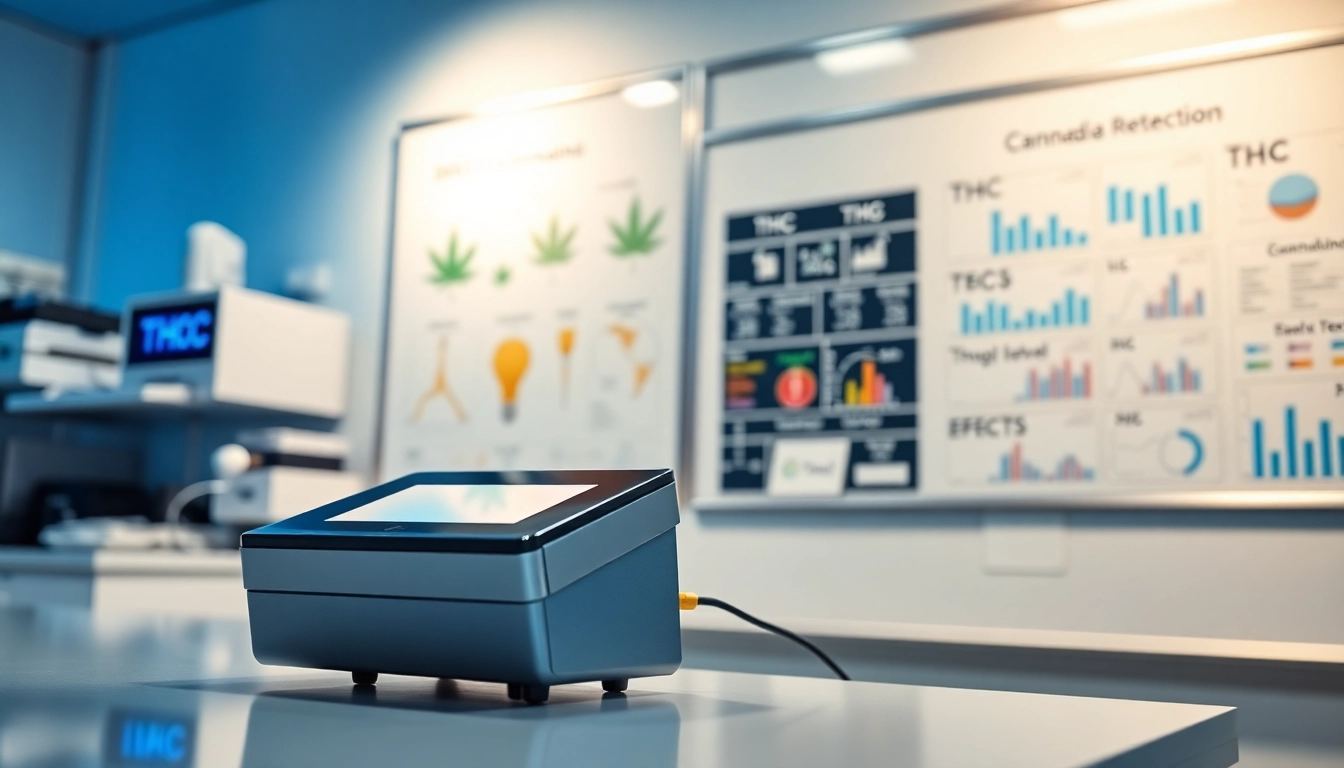What is Depression?
Defining Depression and Its Symptoms
Depression is often described as a mood disorder characterized by a persistent feeling of sadness and a loss of interest in activities that were once enjoyable. It profoundly impacts an individual’s emotional, physical, and social well-being, making it challenging to function in daily life. Symptoms of depression can vary but commonly include feelings of hopelessness, fatigue, and irritability, diminished self-esteem, and a marked decrease in motivation. In severe cases, depression can even lead to suicidal thoughts or behaviors, highlighting the critical importance of understanding and addressing this mental health condition.
Understanding Types of Depression
Depression is not a one-size-fits-all condition; it varies significantly among individuals. There are several recognized types of depression, including:
- Major Depressive Disorder: This is characterized by a persistent feeling of sadness or a lack of interest in outside activities. It significantly影响 daily functioning.
- Persistent Depressive Disorder (Dysthymia): A chronic form of depression that lasts for at least two years, where a person may experience a low mood on most days.
- Bipolar Disorder: Although not a type of depression itself, it involves episodes of depression and mania, where moods shift drastically.
- Seasonal Affective Disorder (SAD): This type of depression occurs at a specific time of the year, often in winter when sunlight exposure is reduced.
- Postpartum Depression: Experienced by some women after giving birth, characterized by severe mood swings, exhaustion, and feelings of inadequacy.
Distinguishing Between Depression and Sadness
While sadness is a natural emotional response to life’s challenges, depression is a more pervasive state that can last for weeks or months. Unlike fleeting feelings of sorrow, depression results in a persistent sense of hopelessness that significantly interferes with a person’s ability to work, study, eat, and enjoy life. A key distinction between the two lies in the severity and duration of symptoms, making it essential for individuals to seek professional help when symptoms persist.
Causes of Depression
Genetic and Biological Factors Contributing to Depression
Research indicates that depression has a genetic component, as it often runs in families. Certain genes may increase susceptibility to depression and influence neurotransmitter systems in the brain, such as serotonin and dopamine. Changes in brain structure and function can also contribute to depressive disorders, further emphasizing the importance of biological factors in understanding this mental health condition.
Environmental and Psychological Influences
The environment and psychological experiences play a crucial role in the onset of depression. Factors such as growing up in an unstable or toxic environment, experiencing trauma or significant loss, and enduring prolonged stress can increase the likelihood of developing depression. Moreover, psychological factors like negative thinking patterns, low self-esteem, and poor coping skills can compound vulnerability, leading to the emergence of depressive symptoms.
How Life Events Trigger Depression
Life events can have a significant impact on mental health. Traumatic events such as the death of a loved one, a difficult breakup, job loss, or extreme changes in life circumstances can act as catalysts for depression. Moreover, chronic life stressors, including prolonged financial difficulties or relationship problems, are also strong predictors of depression.
Recognizing the Signs of Depression
Emotional Symptoms to Monitor
Recognizing emotional symptoms is critical for timely intervention. Key indicators include:
- Persistent sadness or emptiness
- Feelings of guilt or worthlessness
- Loss of interest or pleasure in usually enjoyable activities
- Difficulty concentrating or making decisions
Physical Symptoms Associated with Depression
Depression can manifest physically, often leading to symptoms such as:
- Changes in appetite or weight, either loss or gain
- Sleep disturbances, including insomnia or excessive sleeping
- Fatigue or loss of energy that persists
- Pain or other physical problems without a clear cause
Behavioral Changes to Look Out For
Behavioral signs of depression are equally important to identify, including:
- Avoiding social interactions or withdrawing from loved ones
- Neglecting responsibilities at work or home
- Engaging in harmful behaviors, such as substance abuse
Treatment Options for Depression
Therapeutic Interventions: Counseling and Psychotherapy
Therapy is one of the most effective treatment options for depression. Cognitive-behavioral therapy (CBT) helps individuals identify and alter negative thought patterns, while talk therapy provides a supportive environment to explore feelings and experiences. Other therapeutic approaches include interpersonal therapy and psychodynamic therapy, each aiming to address underlying issues that contribute to depressive symptoms.
Medication: Antidepressants and Their Effects
Antidepressants play a crucial role in treating depression, particularly for moderate to severe cases. These medications work by altering the brain’s chemical balance, particularly neurotransmitters associated with mood regulation. Selecting the appropriate medication often involves trial and error, as different individuals may respond uniquely to various antidepressants.
Holistic Approaches to Managing Depression
In addition to traditional therapies and medications, holistic approaches can enhance overall well-being. Practices such as mindfulness, yoga, meditation, and regular physical exercise can significantly alleviate symptoms of depression. Nutritional improvements and adequate sleep also play a role in maintaining mental health, emphasizing the necessity of a comprehensive treatment strategy.
Living with Depression
Strategies for Coping with Depression
Coping strategies are crucial for managing depression effectively. These can include setting realistic goals, establishing a daily routine, practicing self-care, and engaging in activities that promote joy and relaxation. Keeping a journal can help individuals articulate their feelings, promoting self-awareness and mindfulness.
Support Systems and Their Importance
Having a strong support system is vital for individuals dealing with depression. Family, friends, and support groups can provide emotional encouragement, practical help, and a sense of belonging. Building an open relationship with supportive individuals fosters a nurturing environment to express feelings and experiences.
Developing Resilience and Hope
Finally, developing resilience—the ability to bounce back from adversity—is key to living with depression. Skills such as problem-solving, emotional regulation, and establishing a hopeful outlook can substantially improve a person’s ability to cope. By focusing on personal strengths and creating a sense of purpose, individuals can cultivate hope and optimism for the future, which is essential for long-term recovery.
Understanding and addressing depression is crucial not just for those suffering from the condition but also for society as a whole. Awareness and education about its symptoms, causes, and treatment options can help reduce stigma, encourage early intervention, and foster supportive environments for individuals battling this debilitating disorder.




